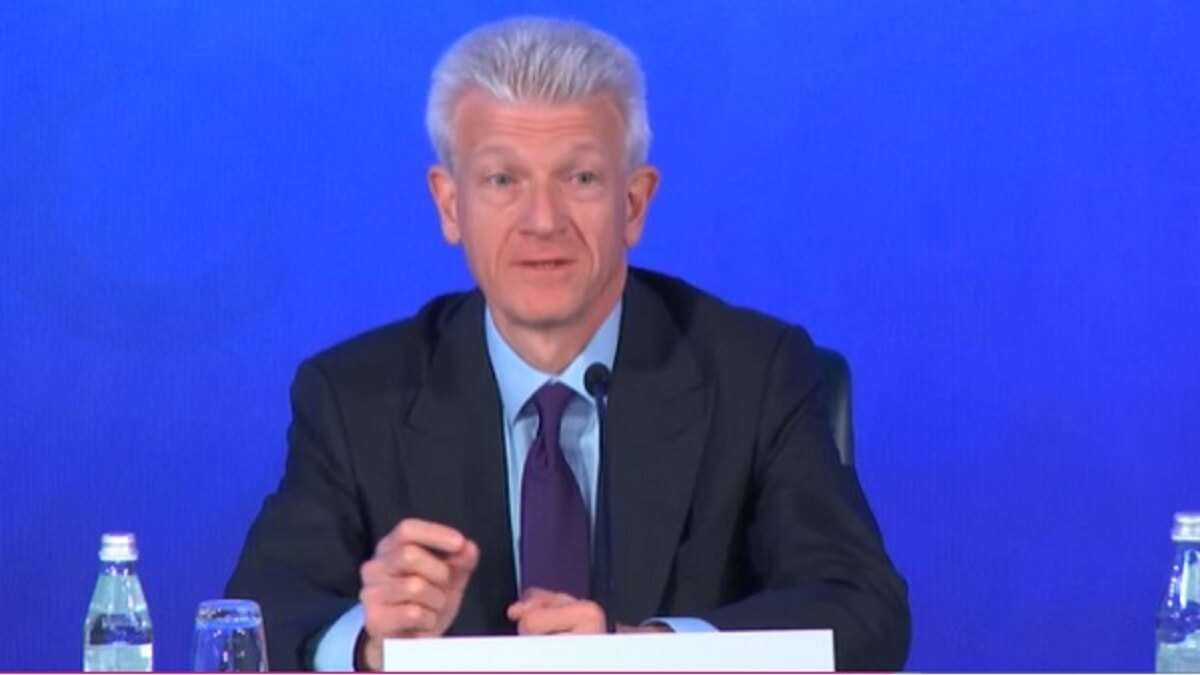India’s deployment of a direct cash transfer scheme and other similar social welfare programmes is a “logistical marvel”, the International Monetary Fund (IMF) said on October 12.
“From India, there is a lot to learn. There is a lot to learn from some other examples around the world. We have examples from pretty much every continent and every level of income. If I look at the case of India, it is actually quite impressive,” Paolo Mauro, Deputy Director of the Fiscal Affairs Department at the IMF, told reporters at a news conference in Washington.
“In fact, just because of the sheer size of the country, it is a logical marvel how these programmes that seek to help people who are at low-income levels reach literally hundreds of millions of people,” he said in regard to a question about the impressive direct cash transfer programme that the Indian government is effectively implementing.
“In the case of India, one thing that is striking is the use of the unique identification system, the Aadhaar,” Mauro said.
“But in other countries, also, there is greater use of sending money through mobile banking to people who actually do not have a whole lot of money, but they have a cell phone,” he further added.
“So being somewhat innovative in identifying people, in processing their applications for transfers through digital means, deploying funds through, again, mobile banking. This is something that countries can learn from each other. We try also here to be a little bit of a convening place where people can compare these types of experiences,” he stated.
Director of the Fiscal Affairs Department Vitor Gaspar noted that the IMF is working with India to implement new technologies and said that India is “one of the most inspiring examples of the application of technology to solve very complicated issues of targeting support to the people who need it most.”
In the field of government technology, the IMF has also collaborated with a number of African nations. “And also in Africa, there are very many examples of innovation, which is relevant and inspiring as well. So, the exchange of experiences that Paolo was talking about is something that we are trying to organize, and the amount of learning that can take place is actually quite surprising. There is a lot going on in India, in Africa, and in other parts of the world,” Gaspar said.
Both the director and the deputy director of the Fiscal Affairs Department at IMF along with Paulo Medas, assistant director of the department were present at the news conference during the 2022 annual meeting of the IMF and the World Bank Group on October 12 at Washington.














